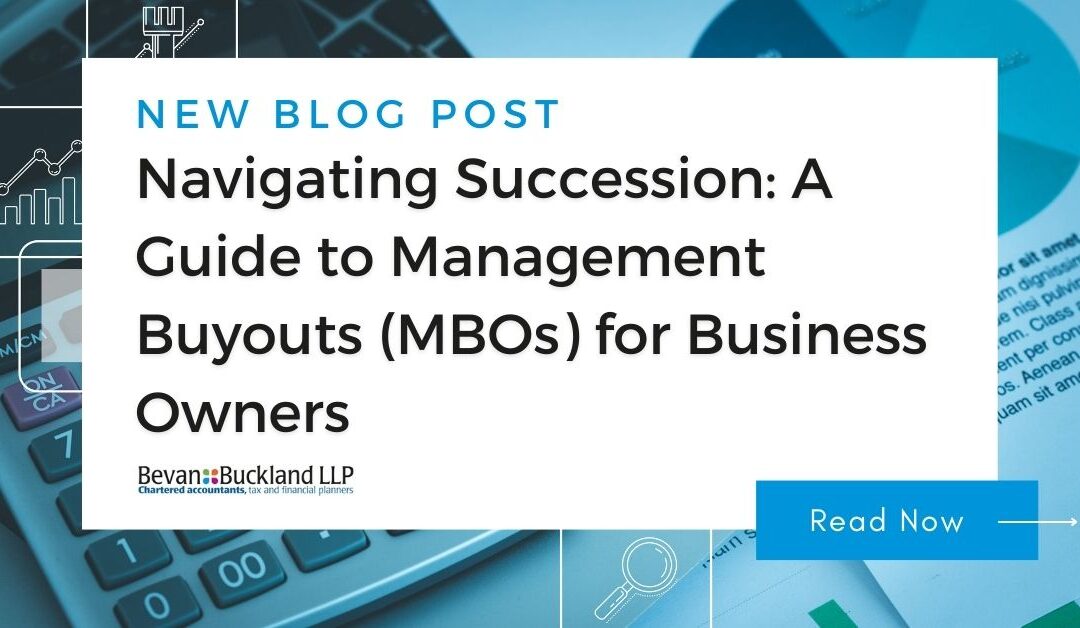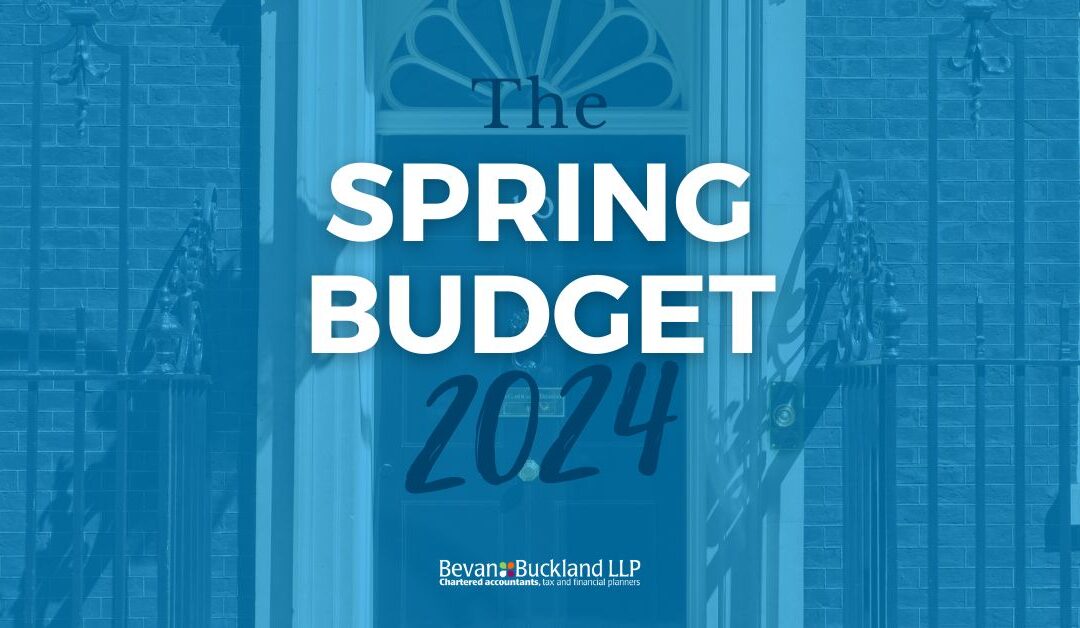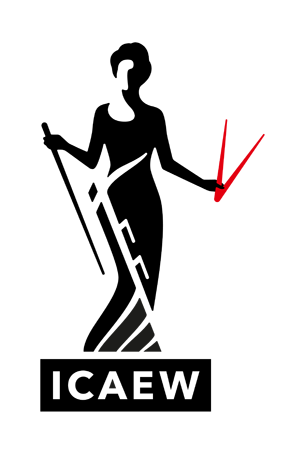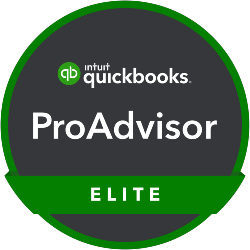Charity accounting
All charities, whether registered with the Charity Commission or not, must prepare accounts and make them available on request. In addition, registered charities must prepare a trustees’ annual report.
All Charitable Incorporated Organisations (CIOs), irrespective of income, and all other registered charities whose gross yearly income exceeds £25,000, have to file accounts and the trustees’ annual report with the Charity Commission.
Bevan & Buckland’s specialist charity accounting team are proud to work with many of Wales’ leading not-for-profit organisations. We currently provide services to a range of not-for-profit clients such as charities, housing associations and other public sector bodies.
Over the past 20 years we have developed our specialist knowledge of this sector which has allowed us offer a high quality service at an affordable price. We are able to provide a range of services tailored to your needs, and by doing this we have helped many of our clients grow and flourish. We now work with a wide range of clients from small community charities with turnovers of less that £10,000 up to national charities who work across Wales.
Accurate accounts are critical to help you understand how your charity is performing. We will help you by identifying areas ways to ensure you claim all allowances to reduce tax bills.
We will meet with you to ensure the accounts are understood and that they can be interpreted in a way that will improve your charity’s performance.
When preparing your accounts, we will also look for ways to improve all your systems and processes, giving you clear, detailed feedback ways to improve your accounting systems.
Accounts also now need to be tagged using iXBRL, which is a way of tagging financial data to create abridged accounts. Without the correct software, this can become a laborious and manual task. Our accounts software is fully iXBRL compliant and we file tagged accounts as standard and at no additional cost to our clients.
Trustees’ annual report
The trustees’ annual report is an important milestone in a charity’s life, a chance to take stock of how the year compared to the trustees’ plans and aspirations, a time to celebrate successes and achievements, and to reflect on difficulties and challenges.
The trustees’ annual report is also an opportunity to highlight the main activities or significant activities undertaken in order to carry out the charity’s purposes for the public benefit. The report’s audience is not just trustees and members, funders, donors and beneficiaries, but also the wider public who have an interest in what charities do and what they achieve.
The basic contents of the trustees’ annual report are mandatory. However, smaller charities which are not subject to statutory audit are not required to provide as much information as larger charities, which are legally required to have an audit.
The trustees’ annual report need not be lengthy. A good trustees’ annual report explains the charity’s aims and how it is going about achieving them. It meets all the legal requirements and provides a balanced view of the charity’s structure, aims, objectives, activities and performance. Importantly, it brings the charity to life and, for those charities that rely on voluntary income as their primary source of funding, provides donors with the opportunity to understand how their money was spent and the difference it has made.
Charity accounts may be prepared either on the receipts and payments basis or the accruals basis, depending on the income of the charity and whether or not it has been set up as a company.
Accruals accounts
Non-company charities with gross income of over £250,000 during the year, and all charitable companies, must prepare their accounts on the accruals basis in accordance with the Statements of Recommended Practice (SORPs). SORPs are sector-driven recommendations on accounting practices.
These accounts must contain a balance sheet showing the charity’s financial position at the end of the year, a statement of financial activities (SoFA) and explanatory notes. The SoFA should show all incoming resources, and resources expended during the year (and for company charities only, an income and expenditure account, except where the SoFA incorporates the income and expenditure account). These accounts are required, in accountancy terms, to show a ‘true and fair view’.
Bevan & Buckland’s charity accounting team have broad experience working with this type of accounts and will produce accounts that not only comply with all legal requirements but also provide a detailed and insightful overview of the charity’s performance. We are always available to meet with you to discuss the accounts in more depth.
CIC Accounts preparation
Using a Bevan & Buckland chartered accountant will ensure that the often complicated process of preparing CIC accounts is handled safely and efficiently. The resulting accounts will comply with the law and meet statutory duties. In addition to having to comply with Companies House regulations, CIC accounts have to comply with the CIC regulator: we can ensure your accounts comply with these rules and help you draft a compliant annual return.
Accurate accounts are critical to help you understand how your business is performing. We will also help you by identifying all tax allowances that you are eligible for, to reduce your tax bills.
At Bevan & Buckland we take the time to meet with directors / trustees to ensure the accounts are understood and that they can be interpreted in a way that will improve your business, for example by giving tips to improve cash flow or profit.
When preparing your accounts, we will also look for ways to improve all your systems and processes, giving you clear, detailed feedback and outlining ways to improve your accounting systems.
Accounts also now need to be tagged using iXBRL, which is a way of tagging financial data to create abridged accounts. Without the correct software, this can become a laborious and manual task. Our accounts software is fully iXBRL compliant and we file tagged accounts as standard and at no additional cost to our clients.
Simple charity accounts
Charity accounts may be prepared either on the receipts and payments basis or the accruals basis, depending on the income of the charity and whether or not it has been set up as a company.
The receipts and payments basis is the simpler of the two methods and may be adopted where a non-company charity has total income of £250,000 or less during the year. It is a report of all money received and paid out by the charity in the financial year, and a separate statement of its assets and liabilities at the end of the year. Charitable companies are not allowed by company law to adopt this method.
Bevan & Buckland’s specialist charities team are proud to work with many of Wales’ leading not for profit organisations. We currently provide services to a range of not for profit clients such as charities, housing associations and other public sector bodies.
Over the past 20 years we have developed our specialist charity accounting knowledge of this sector which has allowed us offer a high quality service at an affordable price. We are able to offer a range of services tailored to your needs and have helped a number of our clients grow and flourish. We now work with a wide range of clients from small community charities with turnovers of less that £10,000 up to national charities who work across Wales.
Housing association accounts
Bevan & Buckland specialise in Welsh Housing Associations/Registered Social Landlords (RSLs) and have been working with Welsh Housing Associations since 1975.
We currently act as auditors for 11 Welsh Housing Associations in various guises: traditional housing associations, Large Scale Voluntary Transfer (LSVT) associations, housing association groups with subsidiaries consisting of care and repair organisations, charities or limited companies.
We have both a RSL team and a “Housing Association Champion” who are highly qualified and experienced and able to offer detailed technical advice.
We have worked closely with our clients to educate them on changes which affect the sector such as the new SORP, FRS 102 and the Accounting Determination (Wales) 2015.
We subscribe to sector publications such as WHQ and Inside Housing to ensure we fully understand issues which impact on the sector.
We subscribe to Charity Finance & Governance publications to keep up to date with the Charity Sector, for the Charity Sector we attend ICAEW, CH (UK) and SWAT courses.
With our knowledge and passion for the sector we feel we are in a position to offer proactive advice on a timely manner to enable associations to flourish.
Registered societies audit
Our expert accountants have years of experience in preparing and auditing accounts for registered societies and organisations that prepare accounts under the Co-operative and Community Benefit Societies Act 2014. These organisations were formerly known as industrial and providence societies.
There are specific regulations and disclosures relating to these types of accounts so having an accountant who is experienced with dealing with this type of entity is crucial.
Using a Bevan & Buckland accountant will ensure that the often complicated process of preparing registered society accounts is handled safely and efficiently. The resulting accounts will comply with the law and meet your statutory duties.
Many registered societies can be exempt from tax. This requires careful negotiation with HMRC, which is an area B&B are expert in.
Accurate accounts are critical to help you understand how your business is performing. If your society does pay tax we will help you ensure you claim all allowances to reduce tax bills.
We will meet with you to ensure the accounts are understood and that they can be interpreted in a way that will improve your society’s performance, for example by finding tips to improve cash flow or profit.
When preparing your accounts, we will also look for ways to improve all your systems and processes, giving you clear, detailed feedback ways to improve your accounting systems.
Recent posts

Navigating Succession: A Guide to Management Buyouts (MBOs) for Business Owners
Sale via a Management Buyout (MBO) can be a lengthy and complicated process, and it is important that you seek out an experienced advisor to help you through step by step. Alison Vickers, Managing Partner at Bevan Buckland LLP, provides an introduction to the MBO process.

CEO Insights: The challenges facing Wales’ newly appointed First Minister
Wales has a new First Minister in Vaughan Gething. In many ways, he is the continuation candidate,...

Spring Budget 2024 Summary
Andrew Knott, Associate Director at Bevan Buckland LLP, summarises some of the initial key points of the 2024 Spring Budget to understand the implications.










